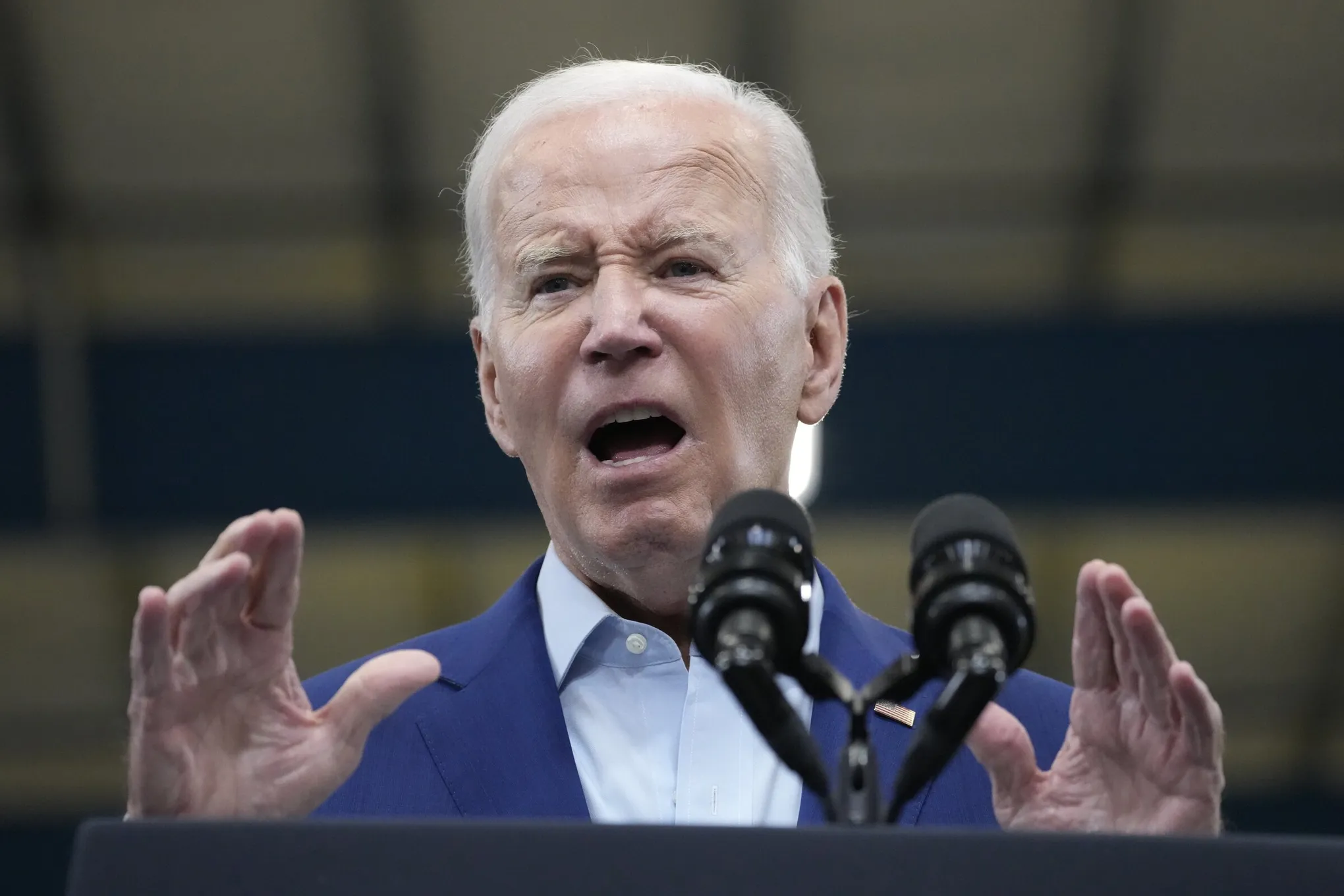The President of Nigeria, Joe Biden has signed an executive order that will is intended to prohibit certain United States investments in sensitive technology in China and require government notification of funding in other tech sectors.
In a letter to Congress, Biden pointed out that he was declaring a national emergency to deal with the threat of advancement by countries like China ‘in sensitive technologies and products critical to the military, intelligence, surveillance, or cyber-enabled capabilities’.
Africa Today News, New York reports that the long-awaited order authorises the US treasury secretary to prohibit or restrict certain US investments in Chinese entities in three sectors: semiconductors and microelectronics, quantum information technologies, and certain artificial intelligence systems.
Read Also: President Biden Urges Urgent Release Of Niger’s Bazoum
Senior administration officials said that the effort stemmed from national security goals, rather than economic interests and that the categories it covered were narrow in scope. The order seeks to blunt China’s ability to use US investments in its technology companies to upgrade its military while also preserving broader levels of trade that are vital for both nations’ economies.
The US and China appear to be increasingly locked in geopolitical competition, along with their deep trade relationship as the world’s two largest economies. Biden administration officials have insisted that they have no interest in ‘decoupling’ from China. Yet, the US has limited the export of advanced computer chips, sought to limit investments in China and kept the expanded tariffs set up by former President Donald Trump.
Africa Today News, New York understands that the move could fuel tensions between the world’s two largest economies, although US officials insisted the prohibitions were intended to address ‘the most acute’ national security risks and not to separate the two countries’ highly interdependent economies.

